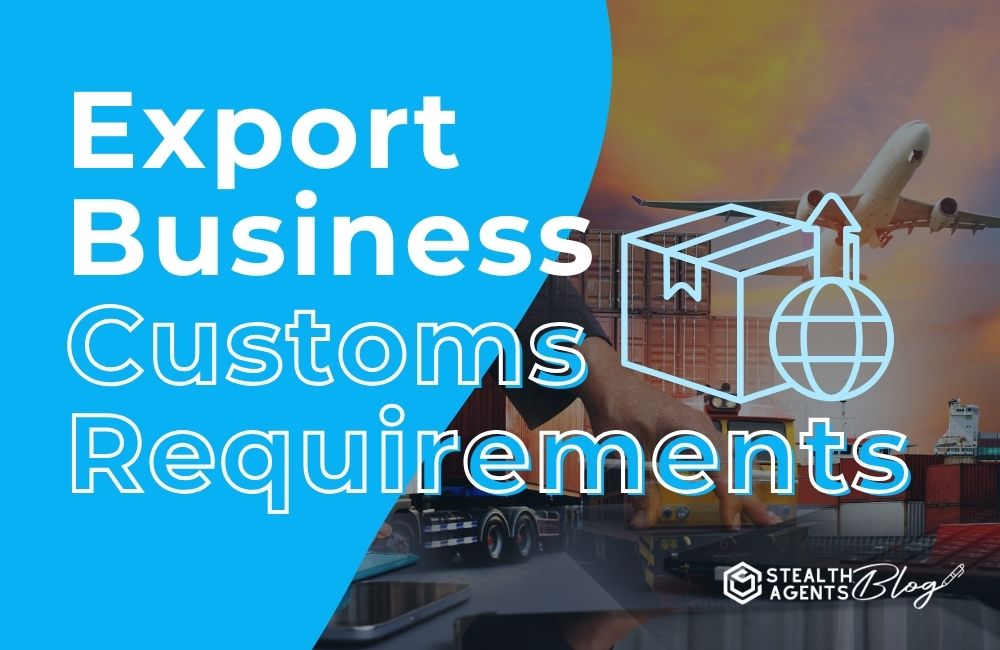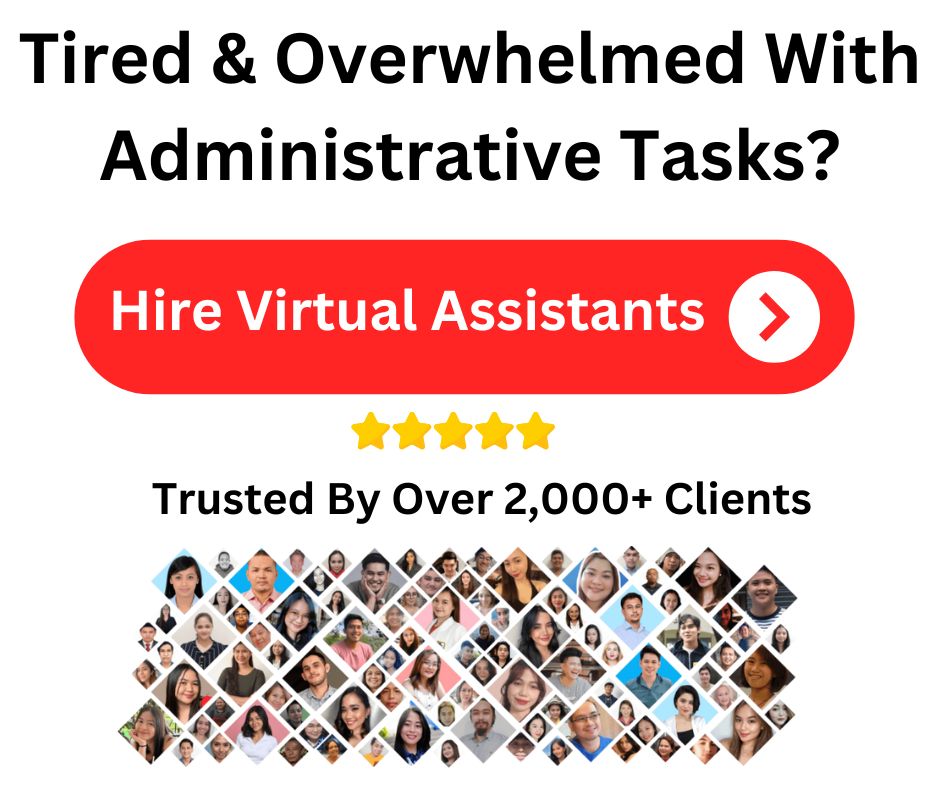Exporting goods is not just about slapping addresses on packages and sending them off; it’s a complex dance involving regulatory steps, legal affairs, and strategic moves. You’re about to commit to a business venture that could redefine your bottom line, your scale, and who you are in the global market. Tighten your bowtie and buckle up – we’re about to sail through the sometimes turbulent waters of cross-border customs.
Understanding Export Business Customs Requirements
Defining the Scope
Customs requirements refer to the rules and obligations that importers and exporters must follow when transporting goods across international borders. These rules exist for a plethora of reasons, from enforcing national security measures to collecting taxes for international trade services.
The Vital Significance
Understanding and fulfilling customs requirements are non-negotiable aspects of any export process. They ensure that your products are not delayed at the border due to issues like incorrect paperwork or prohibited items. Aligning with these regulations can save you from penalties and fines, and also helps build a robust and reliable international trade network for your business.
Key Elements to Tackle
The devil is in the details, especially when it comes to customs. From accurately classifying your goods to understanding the rules of origin, ensuring your compliance with customs requirements will involve:
- Valuation of goods:
- Properly assessing your goods’ worth is crucial for tax and duty determination.
- Classification of goods:
- Every item you export must be assigned a specific tariff number.
- Rules of origin:
- Understanding where your goods come from is critical in getting favorable tariffs.
- Labeling and marking:
- Goods must be labeled in a manner that’s compliant with the importing country’s regulations.
- Documentation:
- This ranges from commercial invoices to export licenses.
- Prohibited and restricted goods:
- Being aware of what not to ship is as important as knowing what to export.
- Risk mitigation:
- Complying with security programs to ensure your cargo is delivered safely.
Knowing each of these elements like the back of your hand will streamline your export process and safeguard you from unforeseen obstacles.
Common Customs Documentation
The Pivotal Paperwork
A flurry of paperwork accompanies each export shipment. These documents carry significant weight and need to be filled with precision and clarity:
- Commercial Invoice:
- The vendor’s bill of sale is a legal requirement in many countries.
- Packing List:
- While not always mandatory, it details the contents of your shipment.
- Certificate of Origin:
- This document attests to the country in which the goods were produced.
- Bill of Lading or Airway Bill:
- The contract between the shipper and carrier for your goods’ transportation.
- Inspection Certificates:
- Goods, particularly food and agriculture products, often need to be inspected and certified.
- Shipping Export Declaration:
- Required for reporting any export shipment which value is $2,500 or more.
Each piece of the puzzle is essential; a missing or muddled document can stall or halt your export altogether, leading to costly delays.
The Precision Game
Prone to processing by several entities, including the carrier, customs officials, and the importer, the paperwork must be carefully crafted. Mismatched or incomplete information can lead to:
- Increased time in customs:
- Paperwork errors often result in holds, as customs officials will investigate discrepancies.
- Loss of business opportunities:
- Late shipments can lead to dissatisfied customers and loss of future business.
- Financial implications:
- Fines and storage charges add up when your goods are stuck in limbo.
Thus, taking the time to ensure every ‘i’ is dotted and ‘t’ crossed on your documentation is an investment in smooth exporting.
Tariffs and Duties – The Cost of Crossing
Tariff Talk
Tariffs are taxes levied by governments on the value of imported products to protect domestic industries or government revenue. When exporting, you must understand the tariff structure of the destination country to correctly price your goods and to provide an accurate cost to your buyer.
Navigating Duties
Duties are customs fees on goods that often protect domestic industries from foreign competition. For exporters, managing duties involves:
- Determining the correct duty rate:
- Rates can vary depending on the country of origin, trade agreements, and product classification.
- Calculating the landed cost:
- This includes the price of goods, shipping, insurance, and any additional costs related to the importation process.
By incorporating tariffs and duties into your export strategy, you’ll be better equipped to provide transparent prices to your international customers and to plan for the financial implications on your end.
Compliance and Regulations – Playing by the Book
The Legal Landscape
Compliance with customs regulations requires a deep understanding of the laws and standards that govern international trade. Non-compliance can lead to business interruptions, loss of reputation, and legal action.
Navigating Global Trade
Navigating the labyrinth of regulations is vastly simplified by staying updated with the following:
- Trade agreements:
- Countries have various agreements that affect tariffs and trade practices.
- Customs standards:
- Each country has its own set of standards for imports and exports.
- Sanctions and embargoes:
- It’s crucial to know which countries and individuals are subject to trade restrictions.
By grasping and integrating these elements into your day-to-day operations, you’re not just checking boxes; you’re laying down the foundation for trustworthy and efficient international trade.
Tips for Smooth Customs Clearance
Ethics in Export
A cornerstone of a flourishing export venture is ethical conduct. It’s more than just a legal requirement; it’s about the reputation of your business. Ensure your export customs procedures are transparent and fair to all parties.
Best Practices for Efficiency
In custom clearance, every minute counts. To streamline the process:
- Have clear communication:
- Be in constant communication with your buyer and your freight forwarder.
- Prepare your paperwork early:
- Start your paperwork well in advance to avoid last-minute errors.
- Use digital tools:
- Automation can significantly reduce the burden of manual document preparation.
- Invest in a good freight forwarder or customs broker:
- Professionals can guide you through the maze of regulations and paperwork.
Mastering these practices not only ensures a smoother export process but also positions you as a reliable and responsive business partner.
*advertisement*
Tired & Overwhelmed With Administrative Tasks?
Hire A Top 1% Virtual Assistant From Stealth Agents!

Sign Up Below & Hire A Top 1% Virtual Assistant
Rated 4.7 Stars Serving Over 2,000+ Customers.
Hire Top 1% Virtual Assistants For $10-$15 Per Hour
Ask About Our 14 Day Trial!
*advertisement*
Avoiding Common Pitfalls
Even with the best-laid plans, pitfalls can sneak up on you. Be wary of:
- Inaccurate valuations:
- Under or overvaluing goods can lead to disputes and delays.
- Misclassification of goods:
- This can result in incorrect duty rates and regulatory violations.
- Insufficient product documentation:
- Missing permits or origin certificates could lead to your goods being quarantined or rejected.
By preempting these pitfalls through diligent preparation, you’re half-way through the smooth customs clearance you desire.
Conclusion – Export Customs as the Bedrock of International Success
Your commitment to understanding and meeting export customs requirements isn’t just a legal box to tick; it’s the bedrock upon which successful international trade is built. By navigating the customs maze with knowledge and due diligence, you can confidently launch your products into the global arena, extending your business reach, reputation, and revenue potential.
For seasoned exporters, this guide offers a refresher on the finer details, an opportunity to reflect on current practices, and perhaps discover some nuances to enhance your process. For the budding entrepreneur taking the first steps into the global market, consider this guide mandatory reading – think of it as the compass to your new export adventure. After all, thriving in the international export market is not simply about moving products; it’s about embracing the diversity and complexity of global customs and turning them to your advantage.









